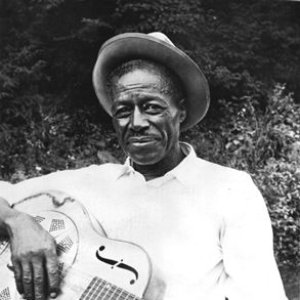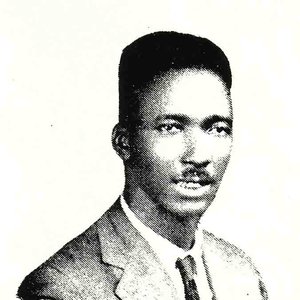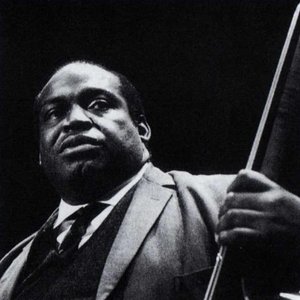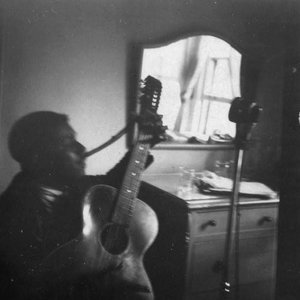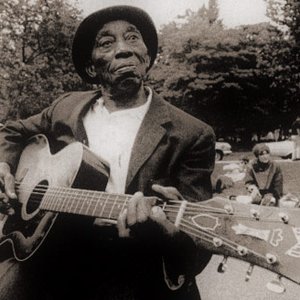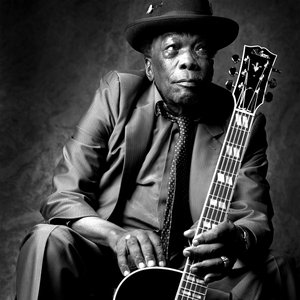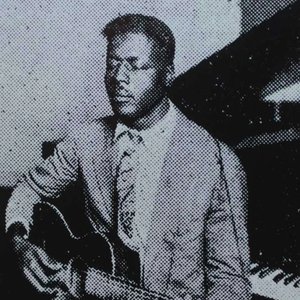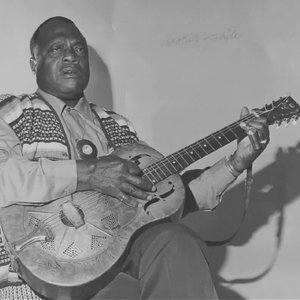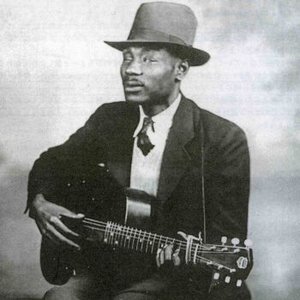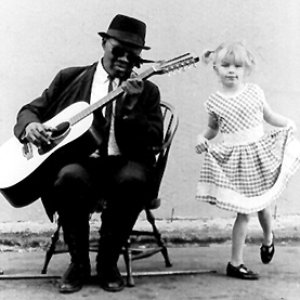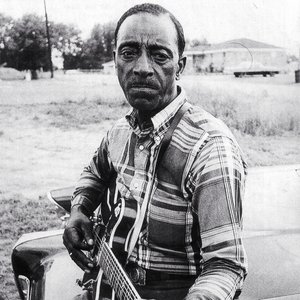Biography
-
Born
9 June 1902
-
Born In
Mississippi, United States
-
Died
3 October 1969 (aged 67)
Nehemiah Curtis "Skip" James (June 9, 1902 – October 3, 1969) was an American Delta blues singer, guitarist, pianist and songwriter.
His guitar playing is noted for its dark, minor-key sound, played in an open D-minor tuning with an intricate finger picking technique. James first recorded for Paramount Records in 1931, but these recordings sold poorly, having been released during the Great Depression, and he drifted into obscurity.
After a long absence from the public eye, James was "rediscovered" in 1964 by blues enthusiasts, helping further the blues and folk music revival of the 1950s and early 1960s. During this period, James appeared at folk and blues festivals, gave concerts around the country and recorded several albums for various record labels. His songs have influenced generations of musicians and have been adapted by numerous artists. He has been hailed as "one of the seminal figures of the blues.
James was described as aloof and moody. The musicologist Dick Spottswood commented, "Skip James, you never knew. Skip could be sunshine, or thunder and lightning depending on his whim of the moment".
James is sometimes associated with the Bentonia School, which is either a subgenre of blues music or a style of playing it. Calt, in his 1994 biography of James, I'd Rather Be the Devil: Skip James and the Blues, maintained that no style of blues originated in Bentonia and that the "Bentonia School" is simply a notion of later blues writers who overestimated the provinciality of Mississippi during the early 20th century, when railways linked small towns, and who failed to see that in the case of Jack Owens, "the 'tradition' he bore primarily consisted of musical scraps from James' table". Owens and other musicians who may have been contemporaries of James were not recorded until the revival of interest in blues music in the 1960s. Whether the work of these musicians constituted a "school" and whether James originated it or was a member of it remain open questions.
Artist descriptions on Last.fm are editable by everyone. Feel free to contribute!
All user-contributed text on this page is available under the Creative Commons Attribution-ShareAlike License; additional terms may apply.
